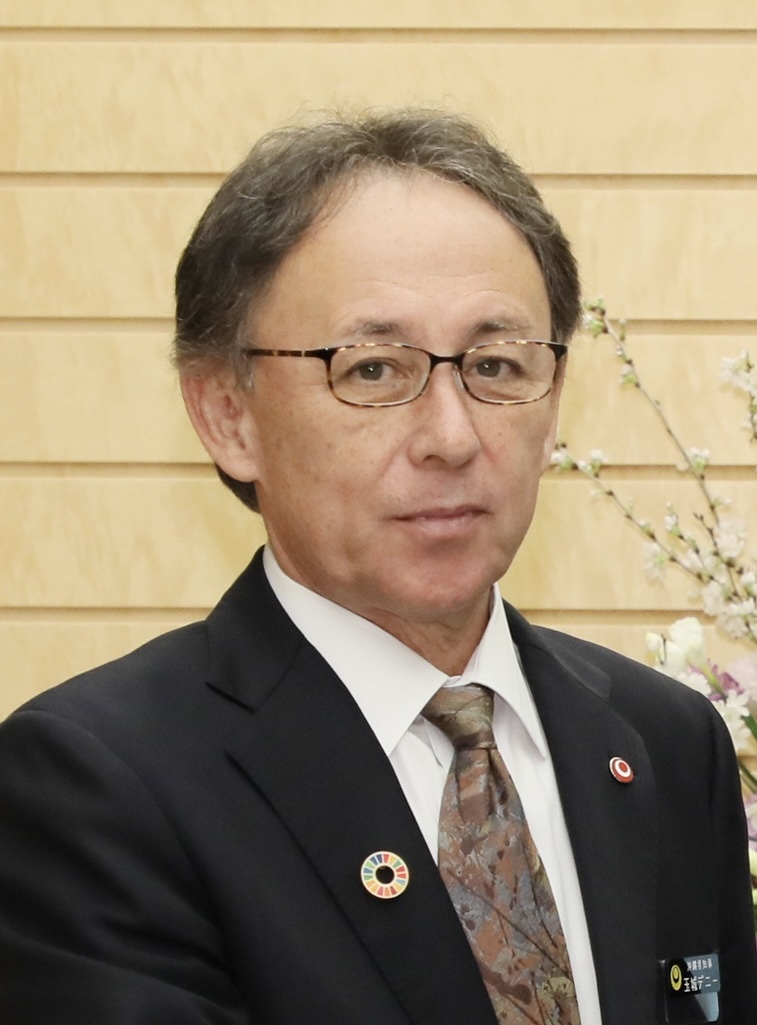Okinawa Governor Tamaki, symbol of the opposition to the US base, loses
After his supporters failed to secure a majority in local elections, the governor finds himself in a “very difficult position”. Despite protests, construction at the new site in Henoko began in January. The Okinawa Prefectural Assembly is evenly split over the US base.
Rome (AsiaNews/Agencies) – Elections held yesterday for the 48-member Okinawa Prefectural Assembly saw candidates backing Governor Denny Tamaki fail to secure a majority. Okinawa is part of the Ryukyu Islands, southern Japan.
The governor is staunchly opposed to the construction of a new US military base near Henoko, Nago, also on Okinawa, where reclamation work began in 2018. His supporters won 20 seats, while his opponents took 27 seats, one seat went to a neutral candidate.
Still, the new assembly is evenly split over the base: 24 are against and 24 are in favour.
Like his predecessor, Takeshi Onaga, Tamaki is critical of the Japan-US alliance, and opposes the relocation of the US base from Futenma, the historic location of US forces.
He is the voice of many Okinawans who complain of the noise generated by US planes and the presence of tens of thousands of US soldiers, which has come to be associated with violence and crime.
Last September, at the UN Human Rights Council in Geneva, the governor argued that the concentration of military bases threatens peace. Okinawa, which accounts for about 1 per cent of Japan's land area, is home to more than 70 per cent of the US military.
Speaking to reporters yesterday in the prefecture’s capital, Naha, Tamaki said that he was going take the election result seriously, but admitted that "he will be forced into a very difficult position," the Kyodo newspaper quoted him as saying.
Voter turnout was the lowest on record, at 45.62 per cent, according to the local election commission.
For a long time, many Okinawans have hoped to see the base move out of the prefecture, but this has not happened. Instead, the government in Tokyo is sticking with Henoko, chosen in 1996, claiming that it is "the only solution" to maintain the deterrence guaranteed by the security alliance between Japan and the United States.
The US military base, in fact, is seen as a priority given the remote location of the archipelago and its proximity to China.
In Tokyo, Chief Cabinet Secretary Yoshimasa Hayashi declined to comment the election results, but reiterated the government’s commitment to the project, which continues to progress.
In February, Governor Tamaki met with newly appointed Defence Minister Minoru Kihara, a meeting that highlighted the divergent views between central government and locals.
12/09/2022 12:09
28/11/2018 13:22
16/05/2022 12:41







.png)










